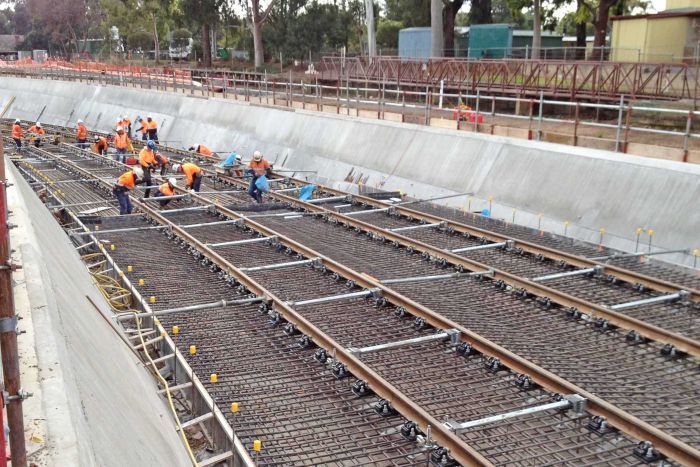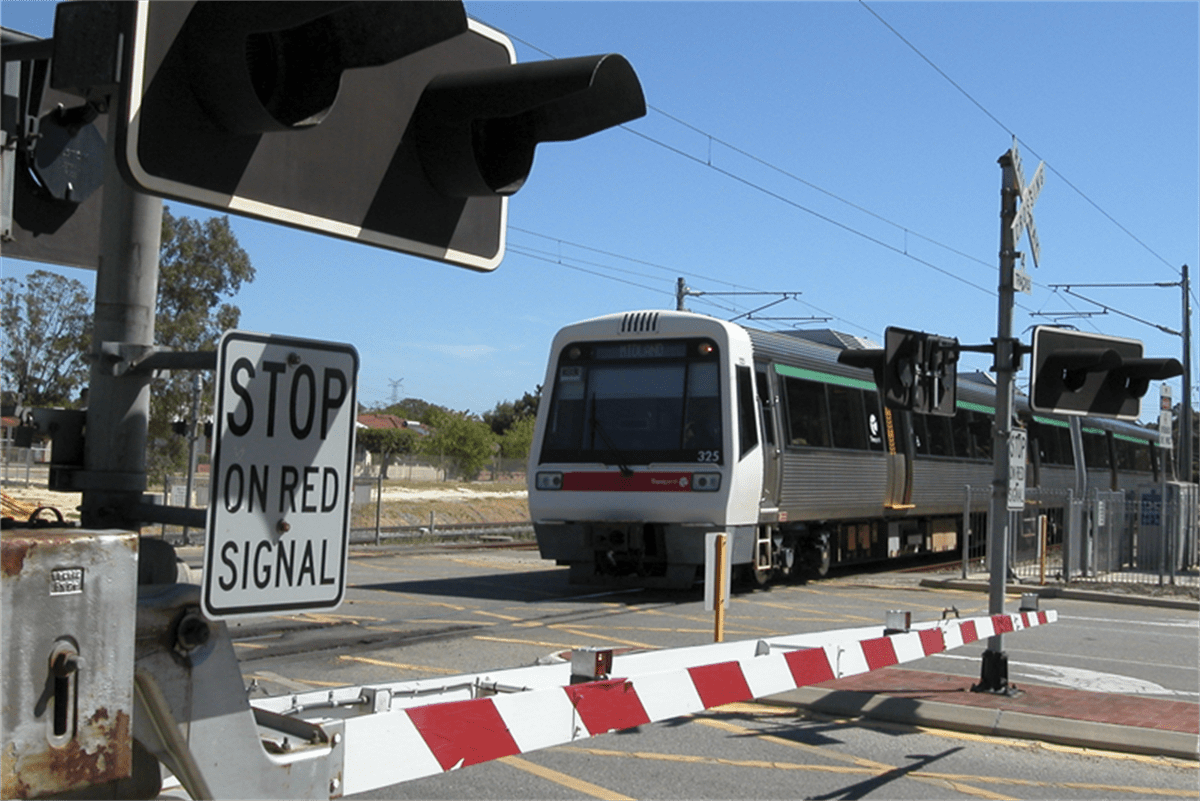Busy construction sites and road users can be a hazardous combination, which is why government authorities and large construction companies manage the risks by employing Road Traffic Management specialists to keep things on the move in a safe and controlled environment.
Road Traffic Management is a complex business
Let’s face it, everyone’s in a hurry to get from A to B, and the last thing we want is a hold up. This is precisely why road management and traffic control is so important. Road Traffic Management is more than a person in a high-vis jacket with a sign, it’s complex and governed by strict rules and regulations. While each State and Territory has its own rules and standards, there are many common themes.
- Traffic Controllers are trained and accredited and have the authority to legally slow or stop traffic using signs or signals. Ignore them and you could incur a penalty.
- Traffic Controllers have responsibilities which include:
- their personal safety and that of other workers;
- the safety of other road users; and
- safely controlling the speed road users and access to and from a work site.
How WARP keeps the traffic flowing
It doesn’t matter if it’s a simple road closure, major civil construction, road works or an emergency, all of these situations call for professional road management to keep people safe. Whatever the scenario, WARP will have a traffic management plan drawn up by an expert and implemented by one or more of our trained and experienced Traffic Control Officers.
There are many ways to safely slow and direct traffic safely. These include:
- warning signs – advising you that there is a hazard ahead
- personnel with stop–go signs
- temporary traffic lights
- temporary road closures and diversions
The important thing for the road user to remember is that a traffic management plan has been put into place with your safety and the safety of others in mind.
Safety is everyone’s responsibility
When it comes to road safety everybody is responsible for keeping themselves and others safe. To do this it’s essential that you obey the directions of the Traffic Control Officers. They will be in direct contact with other people either on site or close by and will know of hazards that may not be immediately obvious to you.
Simple steps to keeping the traffic moving and yourself safe
- Don’t leave it till the last minute. Slow down as soon as you see there is an event or a hazard ahead.
- Always obey temporary speed limits and lane changes. Be prepared to stop.
- Be vigilant. Look out for workers, and keep a safe distance between you and the vehicle ahead. Know your safe stopping distance.
- Be a hero. Traffic Controllers and worker’s jobs can be a dangerous, keeping your distance and keeping them safe will be much appreciated because you’re helping to make their workplace as safe as your own.
At WARP we believe that every worker has the right to go home to their families safely at the end of their working day. Major civil works may be disruptive for a short time but building better towns, cities and roads creates a safer and more enjoyable environment for everyone.






